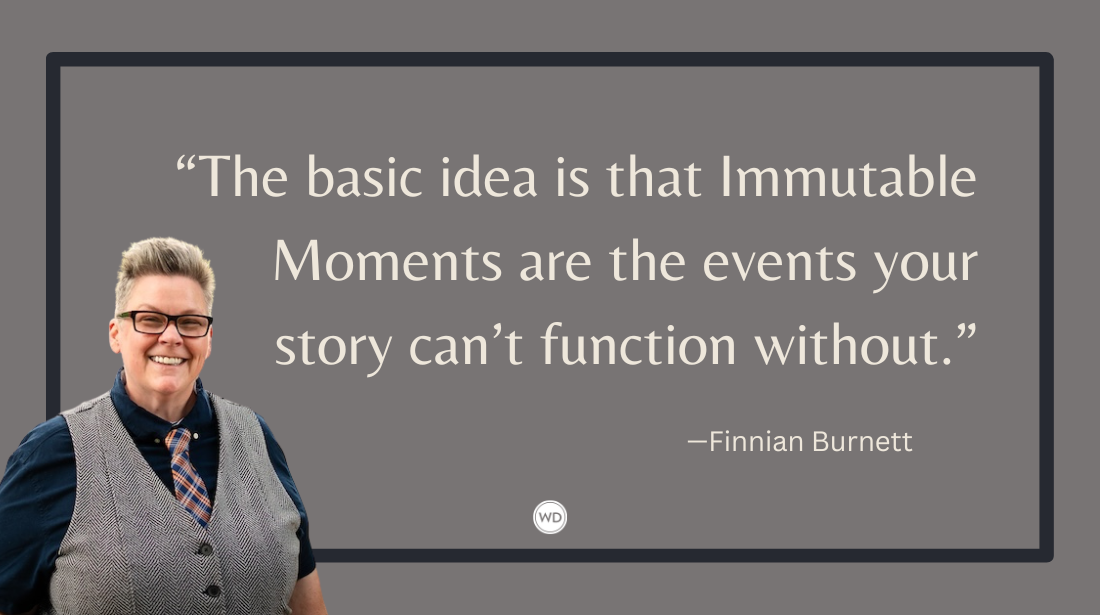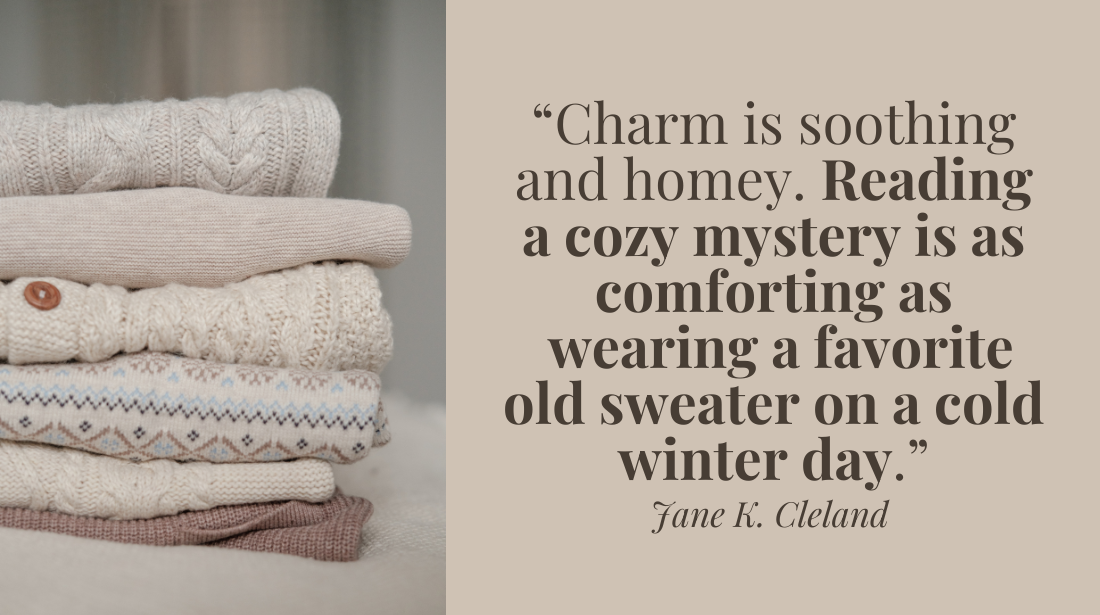7 Reasons Writers of Serious Novels Should Use Humor in Their Fiction
Purely comic fiction may not sell well, but many novels that tackle serious topics with flashes of humor (like The Fault in Our Stars, Me and Earl and the Dying Girl, and more) do spectacularly, for good reason.
Telling a joke—or at least including humor—is great advice for writers, especially in light of recent research. Purely comic fiction may not sell well, but many novels that tackle serious topics with flashes of humor—John Green’s The Fault in Our Stars, Jesse Andrews’ Me and Earl and the Dying Girl, and dozens of others—do spectacularly, for good reason: There are seven excellent uses for humor in serious fiction.
1. Reader identification.
We writers are urged to make our characters relatable. Humor helps with that. Studies reported in Mitch Earleywine’s book Humor 101 found that a surprisingly high 94% of people think that their sense of humor is average or above. That makes readers identify with characters who demonstrate a sense of humor.
2. Assigning positive traits to characters.
People with a sense of humor are better liked, and research shows that if we think people have a good sense of humor, we also assume they are more creative, intelligent, cooperative, pleasant, and considerate than average. A sense of humor is therefore a compressed way to assign a character other positive traits. For those of us who write less-likeable protagonists, that’s especially important. If our characters demonstrate a sense of humor, readers like them better.
3. Quickly conveying character relationships.
As writer Jennifer Crusie notes in John Kachuba’s book How to Write Funny, one kind of humorous dialogue is the teasing give-and-take banter between people who know and like each other, showing the closeness of their relationship. It creates a community between them and invites readers into that community.
4. To delight readers and to get them to read closely.
Like suspense, drama, an engaging voice, and vivid characterization, humor keeps readers turning pages. Like metaphors, however, humor also requires us to slow down and pay attention. Studies show that changes in brain waves in response to punch lines are similar to those when we notice a rare, intriguing event that captures our attention. Humor actually encourages readers to read closely, and that makes the reading experience more immersive. According to Jeffrey M. Zachs, coauthor of a study on how our brains process text, reading closely is not “a passive exercise. Rather, readers mentally simulate each new situation encountered in a narrative.”
5. To make the writing go better.
Experimental research suggests that when people experience positive emotions—including mirth—they demonstrate more creative problem solving and more efficient thinking, planning, and judgment. I don’t know whether using humor really does increase creativity, but at the first draft stage, humor does signal “play,” a helpful mindset for getting the internal critic out of the way and getting words on the page.
6. To provide key back-story information.
Usually, it’s a glaring writing mistake to shovel in back-story through “as you know, Bob” dialogue, where one character tells another something they’re both aware of, for the reader’s benefit. It violates character integrity—that isn’t something they’d say in real life. But there are two circumstances where characters do (and in fiction can) say something both conversation partners know: First, when the two characters are arguing (“Mom, I’m eighteen.”) There the statement conveys subtext—I’m old enough to decide this, I’m right, you’re wrong, and you’re also being an idiot. Second, when the information is shared is part of making a humorous point. So, for example, one character can say to another: “Brilliant idea, fighting him. He only outweighs you by a hundred and fifty pounds and can bench press a Prius.” There the character speaking uses irony, saying “brilliant” when he means the opposite, slips in some factual information they both know—the hundred and fifty pound weight difference—to make the joke more effective (and to pass information to the readers), and ends with an exaggeration that finishes on the funny word of “Prius.” That line of dialogue could also be foreshadowing, increasing tension and stakes if a mismatched fight is likely.
7. Humor Does “Double Duty,” Foreshadowing, Revealing Character, Conveying Attitude, Addressing Theme and Accomplishing Other Tasks.
That leads us to a final point. Humor can be used by writers to accomplish almost anything else, while entertaining at the same time. It’s like a blank tile in the game of Scrabble—useful for whatever else the writer needs: Once you include the form of a joke, it’s seen as the narrator or character being funny, while the words carry out their other tasks surreptitiously.
My young adult novel Dessert First, which came out this September from Merit Press, opens in the voice of its 16-year-old narrator, Kat Monroe:
I’ve thought a lot about what happens when we die, and I’m pretty sure it’s not reincarnation. No loving and merciful God would put us through high school twice.
Those 29 words establish Kat’s voice and signal to readers from the beginning that it’s okay to laugh despite the serious topics. They also foreshadow some of the stakes and what the novel is about: Within half a page, readers learn, along with Kat, that her younger brother Beep has been diagnosed with a leukemia relapse and as the novel progresses Kat is threatened with having to repeat all of her classes from sophomore year. Finally, they reveal more about the semi-reliable narrator than she may be aware of: Even when grappling with some of the largest questions of existence, she puts the answer in terms of whether she’d have to go through high school again. At the beginning of the novel, Kat is a teensy self-centered.
That’s a lot to convey in a few words, so the two sentences sneak it in while trying to make readers smile. In fact, humor in fiction should almost always do double-duty. Even the funniest jokes should often be cut if they don’t accomplish something more than entertaining.
There are so many good uses of humor in a serious novel; however, there are usually plenty of reasons to keep it in.
Learn better by seeing examples? Check out Writer's Digest Tutorials,
helpful videos designed to help you reach your writing goals.
Enjoy this FREE preview and visit Writer's Digest Tutorials to learn more.
Dean Gloster is a former stand-up comic and the author of the YA contemporary novel Dessert First (Merit Press) which School Library Journal calls a “sweet, sorrowful, and simply divine debut novel… [that] will be a hit with fans of John Green’s The Fault in Our Stars and Jesse Andrews’ Me and Earl and the Dying Girl.” He is currently an MFA candidate in writing for children and young adults at Vermont College of Fine Arts. You can find him at www.deangloster.com and on Twitter @deangloster. Some of the more humorous parts of Dessert First are online at www.hypable.com/dessert-first-dean-gloster-excerpt/.








